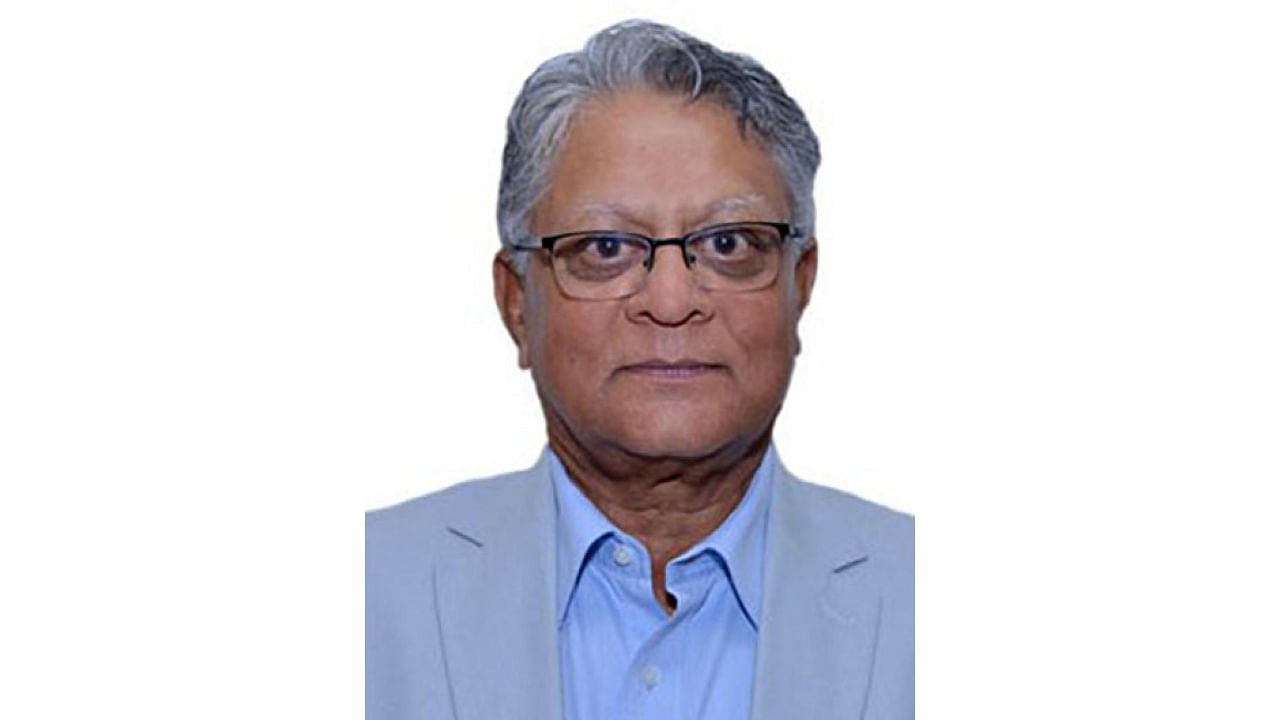

The recent killing of a young female Member of Parliament by ‘unknown’ gunmen in Kabul further unmasked the true face of the Taliban regime in Afghanistan. Since grabbing power in August 2021, when the earlier regime collapsed and its leadership fled in ignominy, the Taliban have rolled out a series of anti-women measures at the behest of the hardcore Mullahs aligned with their Emir. They imposed restrictions on the movement of women and completely denied them their right to education and employment. The medieval practice of whipping and stoning has again become commonplace. Worst still are the reports of the young girls being forcibly married off to the Taliban foot soldiers and the leaders. The Taliban’s education minister equated university education for women as a pathway to the “oldest profession”. Misogyny is the hallmark of Taliban 2.0. If one was to believe the post-Doha accord narrative on Taliban, shamelessly peddled by their apologists, they were eager to reform, moderate and break away from their past record. Serious questions on such assessment and intentions behind it are bound to arise now. The world preoccupied with the Russia-Ukraine war can do nothing, but pay lip service to the rights of women in Afghanistan.
The Taliban 2.0 has disappointed on other fronts too, with continuing violence and insecurity providing a reality check for those who argued that they would restore peace in Afghanistan. Russia’s faith in the Taliban’s ability to manage the situation was rudely shattered when they lost two consular officers in an attack in Kabul on September 5, 2022. Islamabad’s acting envoy to Kabul was injured by an attack on the Embassy of Pakistan on December 2. Then came an attack on a hotel popular among visitors from China on December 12. These three nations were expected to be the first to grant recognition and legitimacy to the Taliban regime in Kabul. The Americans, too, would not have failed to note that despite the Taliban’s assurances on cutting all links with other terror groups, Ayman al-Zawahiri, successor to Osama bin Laden in Al Qaida, was killed in downtown Kabul. He was staying in a safe house most likely provided by senior elements in the current dispensation.
The Taliban`s deep and fraternal links with the Tehreek-e-Taliban Pakistan (TTP) has come back to bite Pakistan, which has recorded a serious uptick in terror attacks. The self-destructive policies dating back to era of Gen Ayub Khan and Zulfiqar Ali Bhutto – much before the 1979 Soviet intervention in Afghanistan – have left Pakistan on the brink of economic meltdown. In Afghanistan, violence continues unabated, just the actors have changed.
Not one country has come forward to recognize the radical regime in Kabul, but they all face a dilemma, as the deteriorating economic situation in Afghanistan is too dire to look away from. India too faces the same dilemma since its policies focused on building relations with the people of Afghanistan. New Delhi sent back a ‘technical team’ to its embassy in Kabul. India’s silence on a few critical issues however has come in for criticism even from its friends.
In line with its policy of engaging with all segments of the Afghan population, it is expected that while engaging the Taliban, India will also engage with the widest spectrum of Afghan political players, including the democratic forces, and work towards creating conditions for a serious intra-Afghan talks leading to a reconciliation. India should support the women and students in Afghanistan. Visas should be granted to students whose education in India got disrupted last year. India could leverage its tech prowess and extend facilities for online education to Afghan girls. Surely, online education will not be in conflict with Taliban’s interpretation of the Shariah and the Holy Quran.
(The writer is a retired diplomat, who served as India’s ambassador to Afghanistan and Secretary (Economic Relations) at the Ministry of External Affairs)